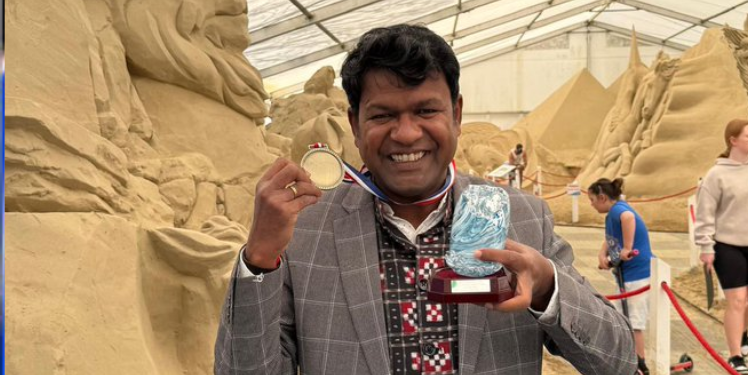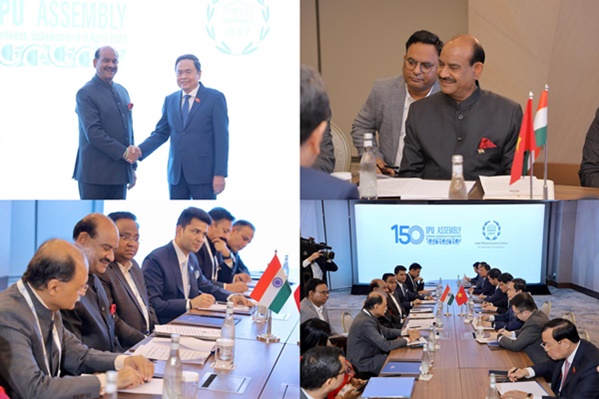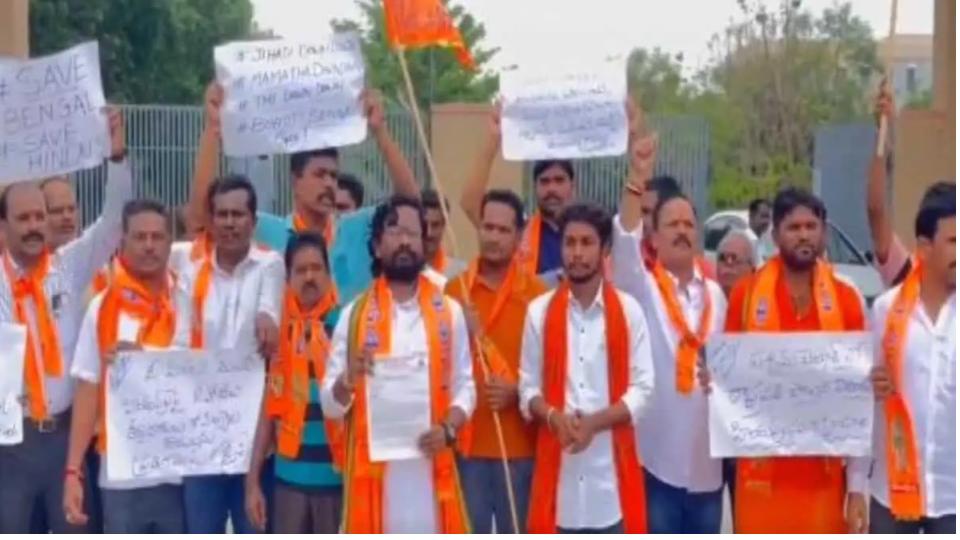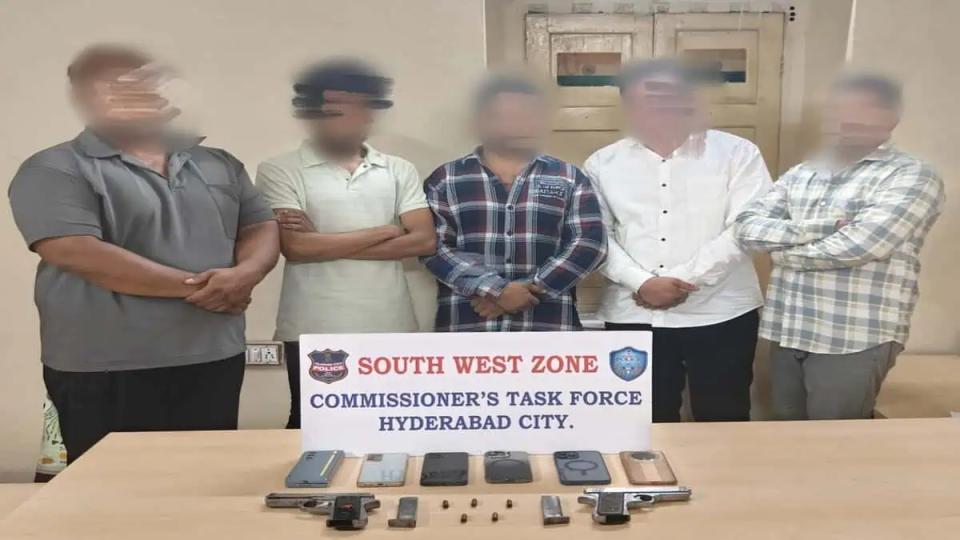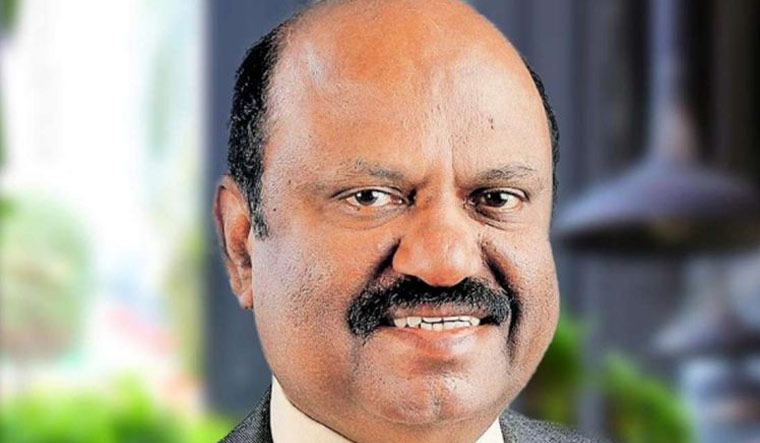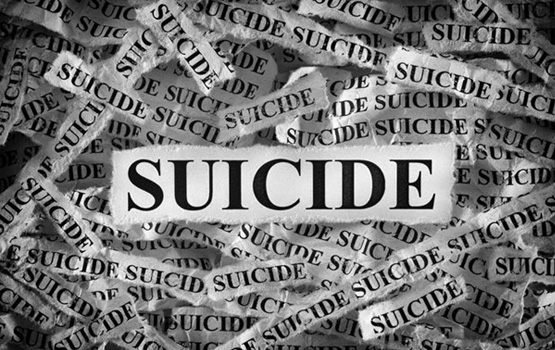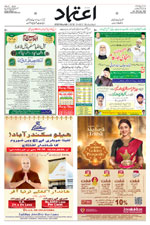Supreme Court criticises obscenities in name of poetic licence
Sat 16 May 2015
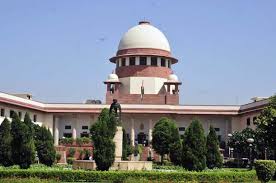
New Delhi: The Supreme Court on Thursday said that poetic licence does not mean anyone putting obscene words in the mouth of nationally-revered figures like Mahatma Gandhi.
A bench of Justices Dipak Mishra and Prafulla C Pant refused to quash criminal charges against an author for penning a “vulgar” and “obscene” poem on Gandhi in 1994.
When the name of Mahatma Gandhi is alluded or used as a symbol while speaking or using obscene words, the test of “contemporary community standards” of what is vulgar and obscene language becomes applicable with more vigour, the bench said.
The court was hearing a plea by Devidas Ramachandra Tuljapurkar, who was charged with publishing the “obscene” Marathi poem titled Gandhi Mala Bhetala (I Met Gandhi) in which the Mahatma is a character. The poem was published in 1994 in an in-house bank magazine. Though the court held freedom of speech and expression has to be given a broad canvas, it said the same was also subject to inherent limitations within the constitutional
parameters.
parameters.
“We reiterate the said right is a right of great value and transcends with the passage of time and growth of culture; it has to pave the path of ascendancy, but it cannot be put in the compartment of absoluteness. There is constitutional limitation attached to it,” the bench said.
As the author used historically respected persons as a medium to mouth obscene words, creativity melted into insignificance and obscenity merged into surface, the court said, addingthe poem “travelled into the field of perversity”.
The apex court quashed the criminal proceedings against Tuljapurkar who had published the poem in the magazine for private circulation among the members of All India Bank Association Union.
It, however, made it clear that it was not expressing any opinion on the charges framed against Marathi poet Vasant Dattatraya Gurjar, author of the poem, and it would be up to him to explain the "manner and the context" in which he used the words against Mahatma in the trial court.
No Comments For This Post, Be first to write a Comment.
Most viewed from Specials
Most viewed from World
AIMIM News
Latest Urdu News
Most Viewed
May 26, 2020
Do you think Canada-India relations will improve under New PM Mark Carney?
Latest Videos View All
Like Us
Home
About Us
Advertise With Us
All Polls
Epaper Archives
Privacy Policy
Contact Us
Download Etemaad App
© 2025 Etemaad Daily News, All Rights Reserved.











